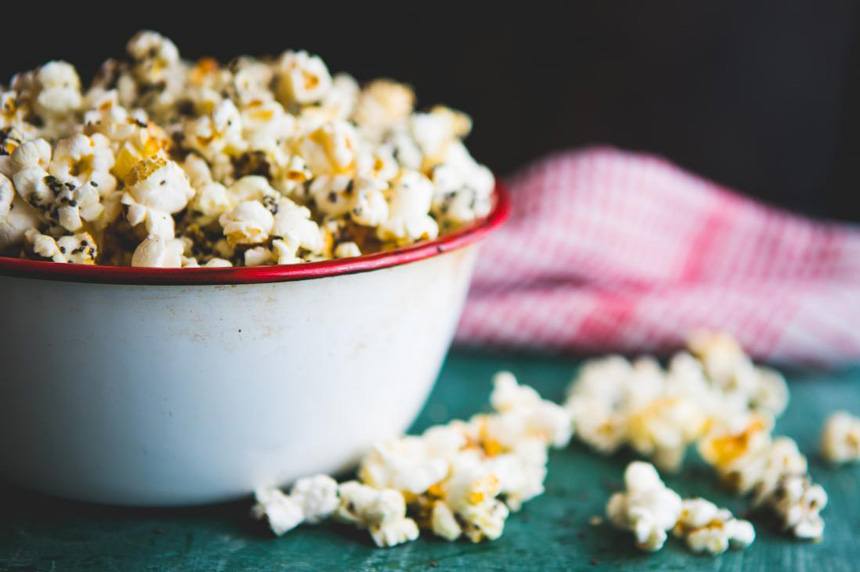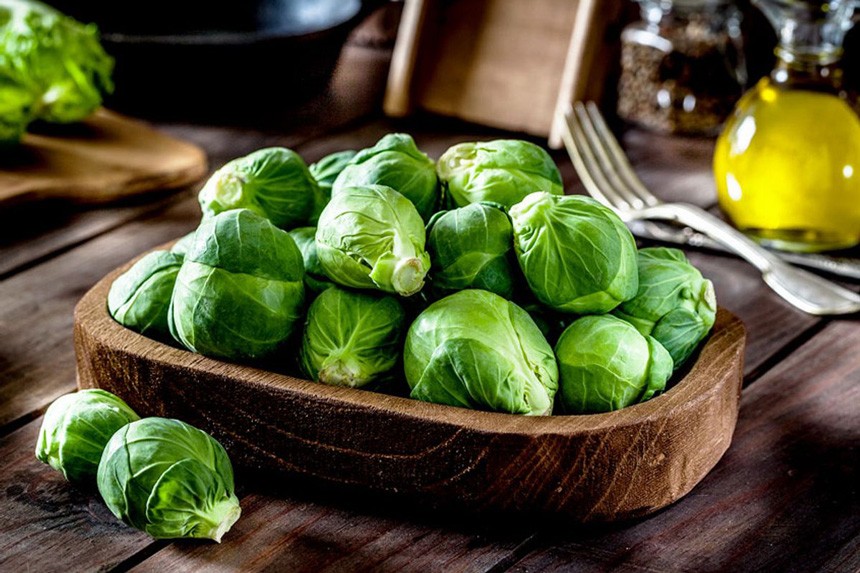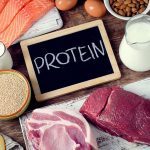Popcorn

A surprising addition to the high-fiber foods list, popcorn, when air-popped, emerges as a fiber-rich snack. With approximately 1.15 grams per cup of air-popped popcorn or 14.5 grams per 100 grams, this popular movie-time treat boasts a substantial fiber content. Not only is popcorn a whole grain, but it’s also low in calories, offering a guilt-free snacking option. [2]
The fibrous nature of popcorn originates from the hull or outer shell of the kernel. This part of the corn contains most of the dietary fiber, providing digestive benefits. Moreover, popcorn’s high fiber content contributes to a feeling of fullness, potentially aiding in weight management. Despite its association with movie theaters and entertainment, popcorn serves as a versatile snack that can be seasoned and flavored in various ways, adding not just fiber but also taste to your diet.
Brussels Sprouts

Belonging to the cruciferous vegetable family, Brussels sprouts bring more than just their unique flavor to the table. With approximately 3.3 grams of fiber per cup of raw Brussels sprouts or 3.8 grams per 100 grams, these miniature cabbages pack a fiber-filled punch and an array of vital nutrients. Rich in vitamin K, potassium, and folate, Brussels sprouts contribute to overall health while aiding digestive function. [3]
Incorporating these veggies into your meals not only diversifies your plate but also adds a substantial fiber boost. Cooking methods such as roasting or sautéing can enhance their flavor profile, making them more appealing, especially for those wary of their distinctive taste. Whether added to salads, stir-fries, or enjoyed as a side dish, Brussels sprouts offer a fiber-packed nutritional boost to any meal.





